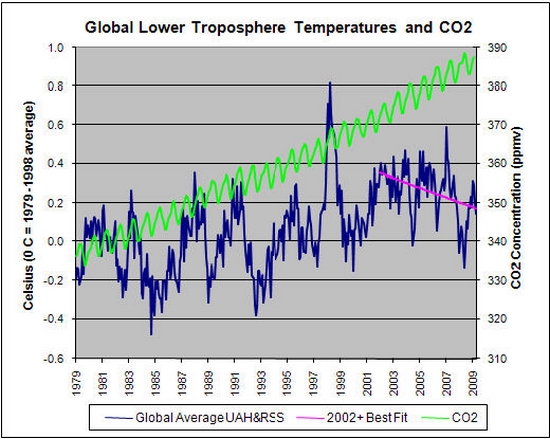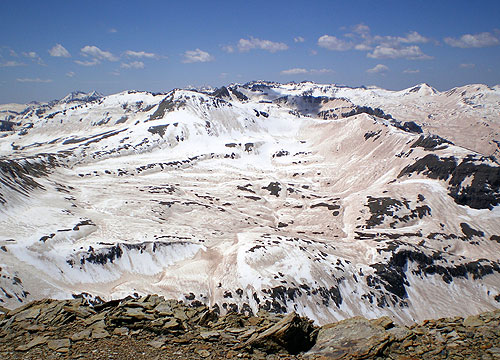Times OnlineClimate change is the cholera of our era In the 19th century, cholera outbreaks that escaped from the slums to kill rich and poor alike caused the great Victorian revolution in public health. Fear of cholera ensured that vast sums were spent on building sewers and ensuring that everyone had clean water. Climate change is the cholera of our era - fear of the havoc that climate change will wreak should stimulate a new public health revolution. And just as doctors led the Victorian campaign, so the medical profession should be in the vanguard of this new revolution in public health. The front page of
The Lancet of May 16 says it all: "Climate change is the biggest global health threat of the 21st century." This prestigious journal, which usually gives no more than ten pages to vitally important clinical research, made space for a 39-page report.
Climate change will hit the poorest nations hardest, but it will affect us too. In the summer of 2003, la canicule, an unexpected heatwave, killed 14,000 elderly people in France. Rising temperatures will bring that type of problem to our shores. Our health services will be put under pressure by severe weather and floods. But it is the global effects that will hit us, and especially our children and grandchildren, because of the effect that climate change will have on world food and water supplies; millions of climate refugees will disrupt the borders of even an island nation.
Smoking, Aids, swine flu? They all pale into insignificance compared to climate changes threat to health. That proposition will instantly provoke a hostile reaction from the diminishing band of climate-change sceptics. But as a doctor of 40 years' standing who has been involved in running public health services for 30 years, I know that the evidence is good enough to make action, not inaction, the sensible choice. An empirical view of the data shows that delay will not just increase the amount of preventable harm, it may take us past a point of no return.

